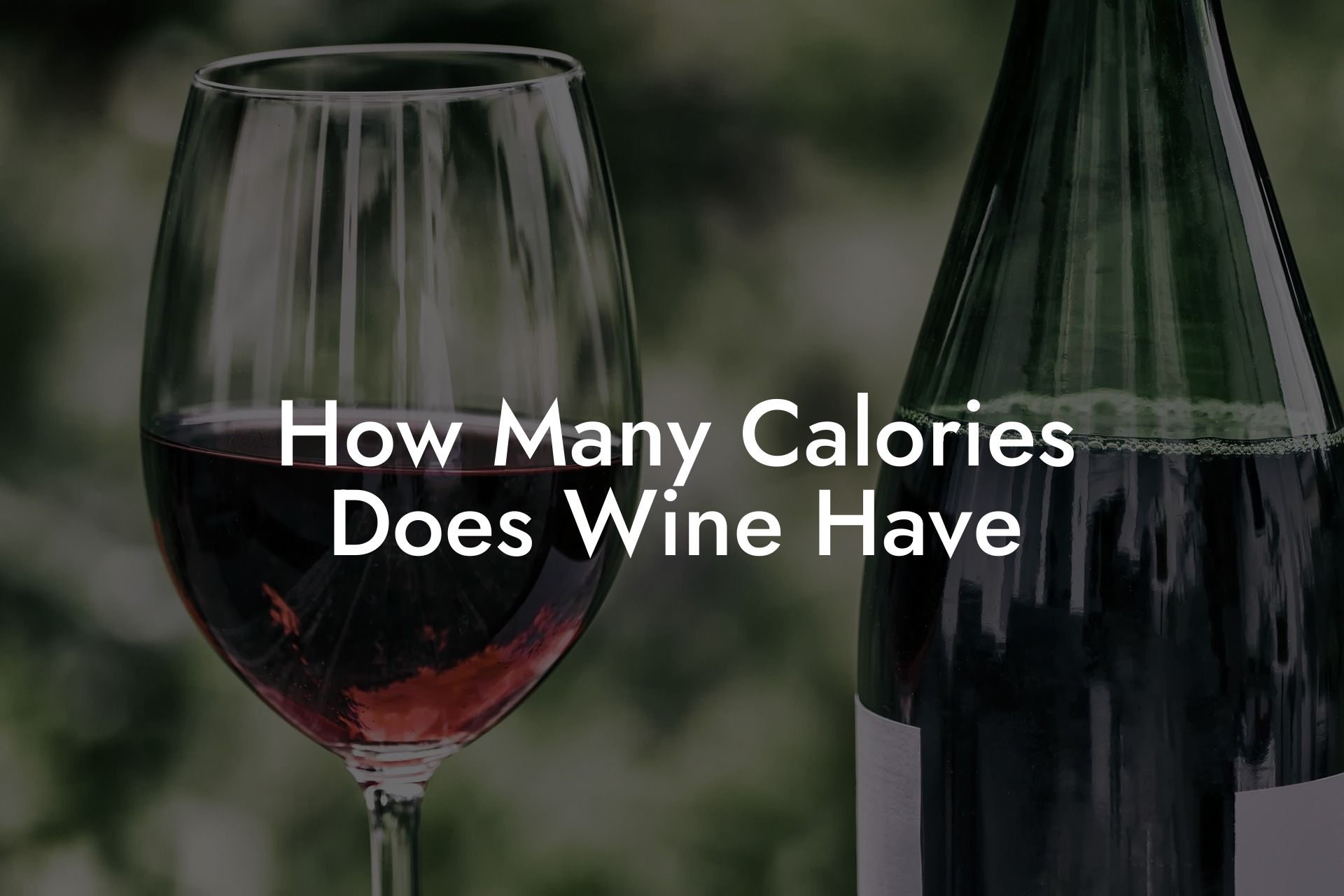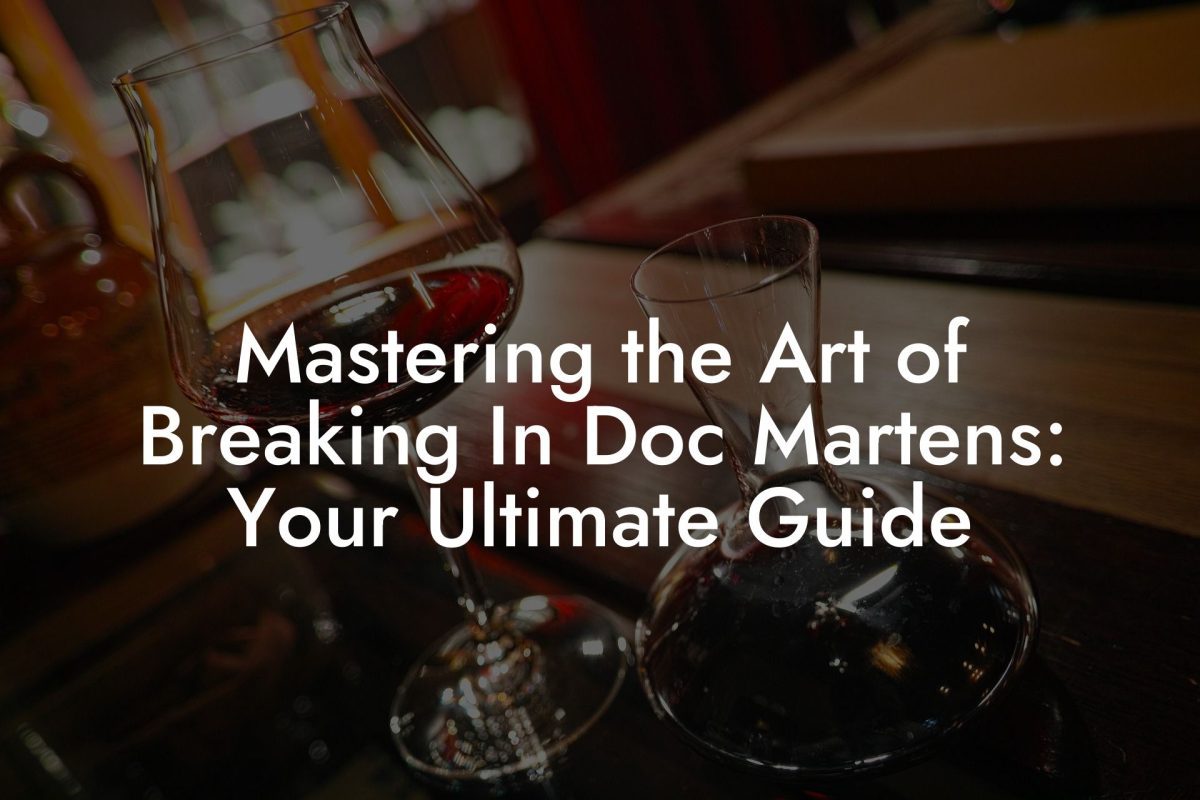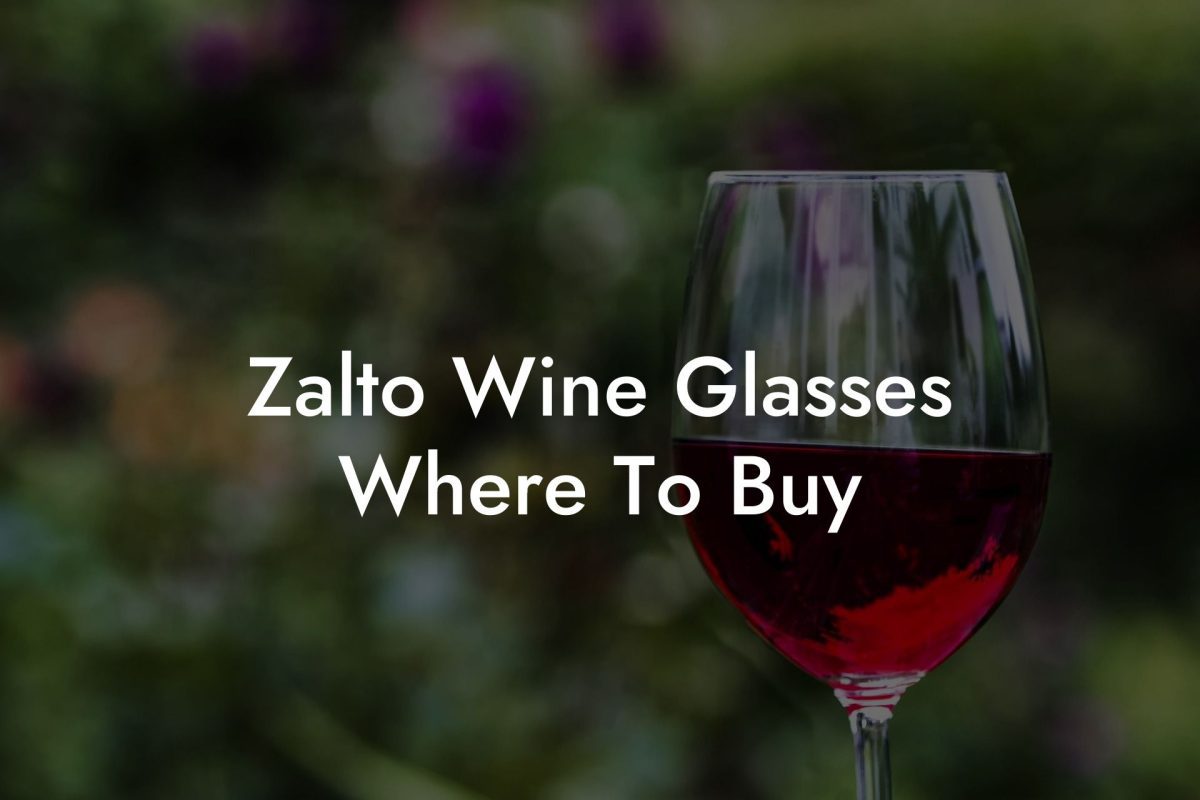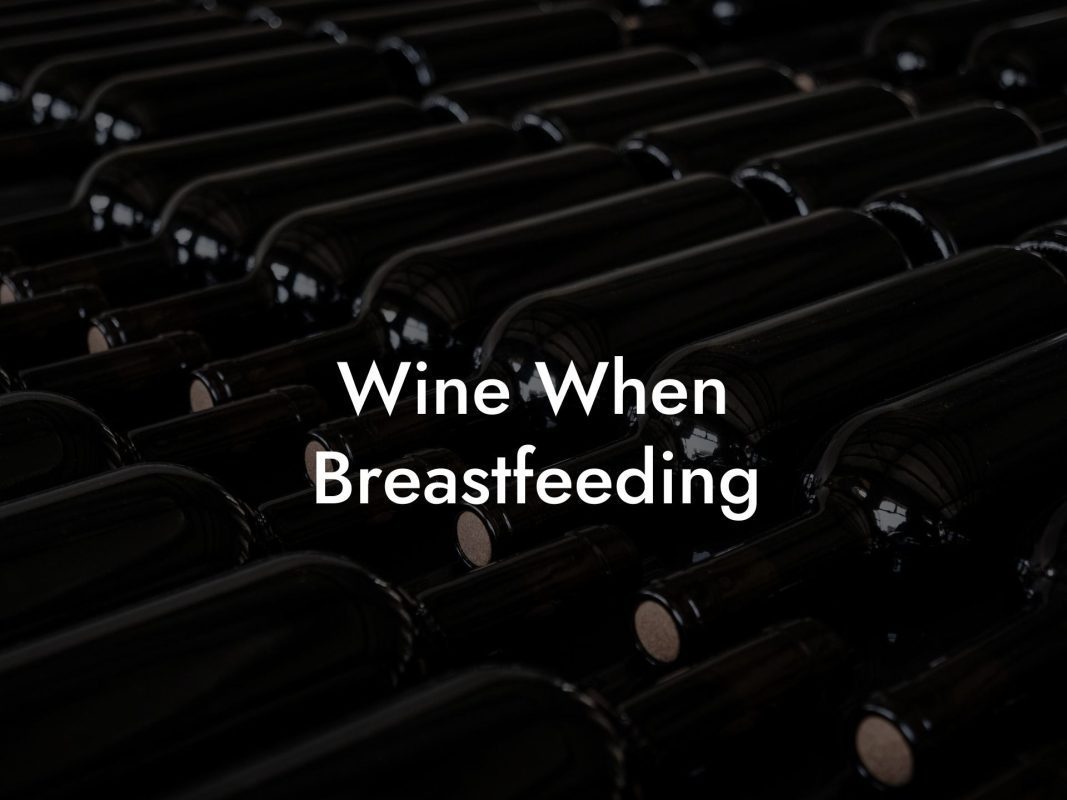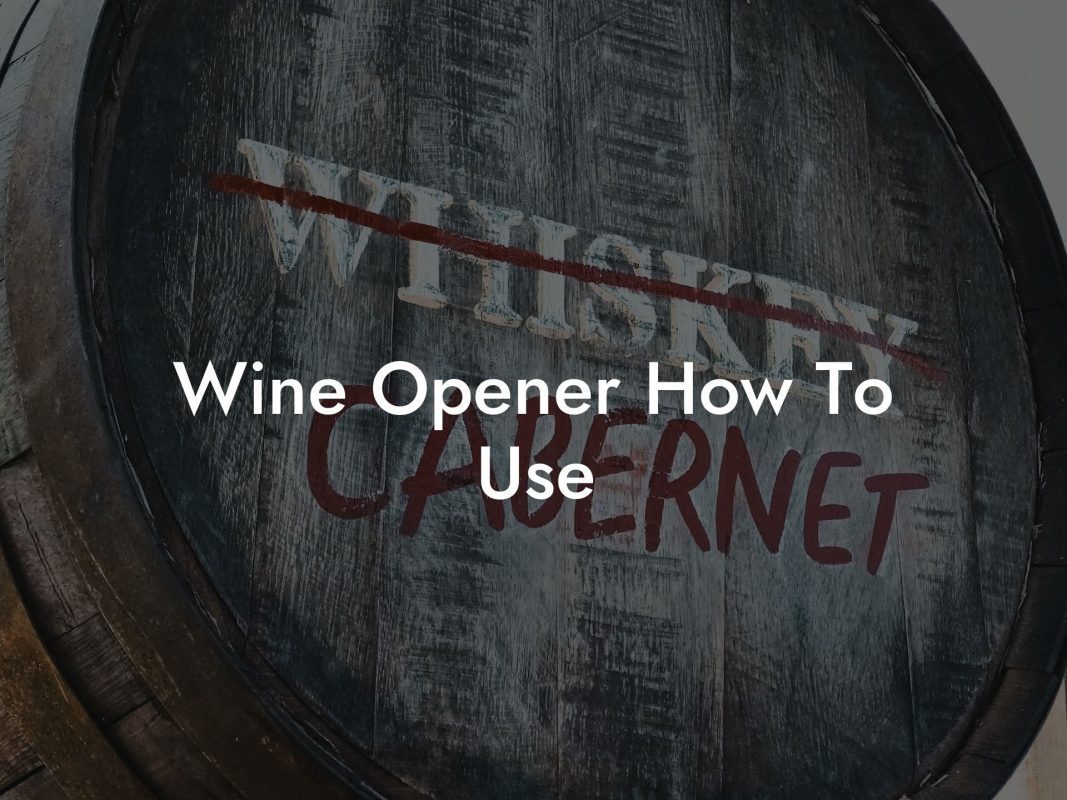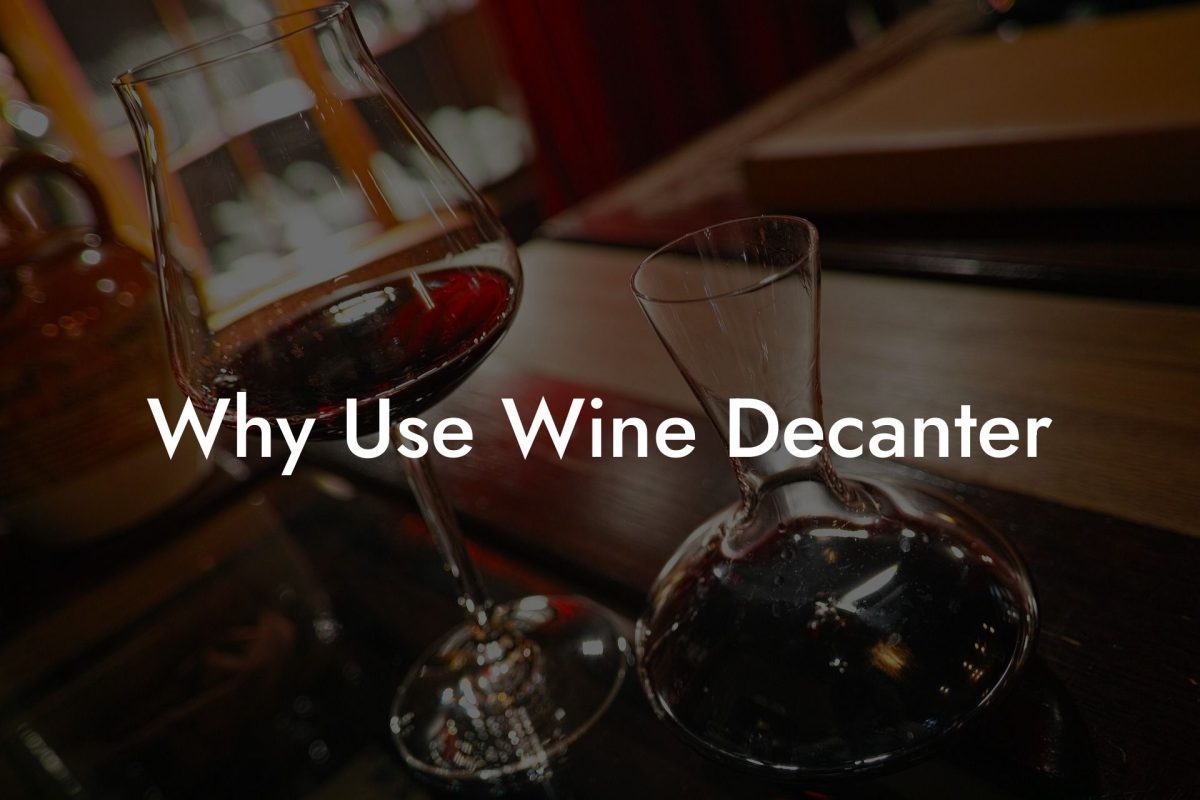Attention wine lovers and health enthusiasts! Ever wondered how many calories are lurking in that delicious glass of wine? While wine is often seen as the healthier and classier alternative to other alcoholic beverages, it’s important to know its calorie content to maintain a balanced lifestyle. Get ready to delve into the world of wine and calories, with Black Wine Club as your guide.
How Many Calories Does Wine Have Table of Contents
A Quick Calorie Overview
Calories are units of energy that we get from food and drinks. They help our bodies function, and their excess gets stored as fat. Consuming more calories than you need can lead to weight gain, but every person's daily calorie needs vary. The calorie content of wine depends on its alcohol content, sugar, and serving size.
Caloric Breakdown of Wine
Wines come in various styles, each with its own unique calorie count. Here's a breakdown of the average calories found in different types of wine (based on a standard 5-ounce pour):
Do You Want to Win a Free Bottle of Wine?
Don't miss out on the opportunity to win a free bottle of wine every week.
Enter our weekly prize draw today!
1.
Red Wine
- Cabernet Sauvignon: 130 calories
- Pinot Noir: 121 calories
- Zinfandel: 130 calories
2.
White Wine
- Chardonnay: 123 calories
- Sauvignon Blanc: 120 calories
- Riesling: 118 calories
3.
Rosé Wine
- Most rosé wines: 105-120 calories
4.
Sparkling Wine
- Champagne: 90 calories
- Prosecco: 100 calories
- Cava: 110 calories
Factors Affecting Wine's Calorie Content
Several factors can influence how many calories are present in a single glass of wine. They include:
1.
Alcohol Content
Higher alcohol content typically equates to more calories. Alcohol contains 7 calories per gram, nearly as much as fats (9 calories per gram) and more than carbohydrates and protein (4 calories per gram). This means that wine with higher alcohol content can contribute to higher calorie consumption.
2.
Residual Sugar
Sweet wines have residual sugar, which has more calories than dry wines. Sugars contain 4 calories per gram, so the level of residual sugar in wine directly impacts the total calorie count.
3.
Serving Size
The standard wine serving size (5 ounces) could differ depending on the wine glass, pour style or country. In Europe, a standard pour is typically less than 5 ounces.
How Many Calories Does Wine Have Example:
Imagine you're enjoying a night in with a bottle of Cabernet Sauvignon. Let's say each serving is 5 ounces, and you pour four servings throughout the night. The average calorie count of a Cabernet Sauvignon is around 130 calories per glass. So, in this scenario, you'd be consuming 520 calories from wine alone.
On another occasion, you sip on two glasses of Champagne, which contain approximately 90 calories each. The total calorie count for that night would be just 180 calories – a significant difference compared to the four glasses of Cabernet Sauvignon.
Having a better understanding of the calories contained in wine can help you make more informed choices when enjoying your favourite beverage. While some types of wine might be higher in calories, always remember that moderation is key. Thanks for joining us on this calorie-conscious journey through the world of wine, brought to you by Black Wine Club.
We invite you to explore more exciting wine guides, share this article, and join us at our next wine tasting and live electronic music event. Cheers to good health and great wine!
Do You Want to Win a Free Bottle of Wine?
Don't miss out on the opportunity to win a free bottle of wine every week.
Enter our weekly prize draw today!

